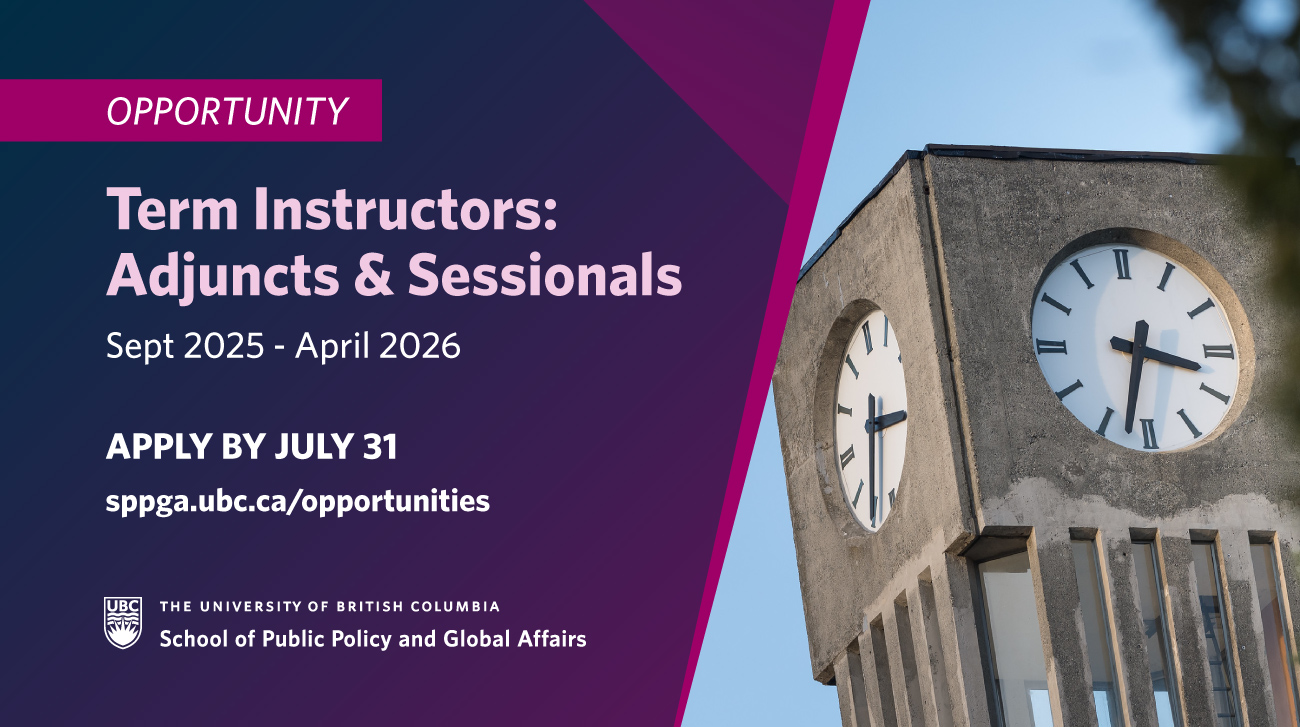Canadian Policy on Nuclear Co-operation with India: Confronting New Dilemmas
Karthika Sasikumar, Former Liu Postdoctoral Fellow, UBC
Wade Huntley
October 3, 2007
This publication is available for download.
To download a copy of this publication, please visit: http://www.ligi.ubc.ca/sites/liu/files/Publications/2Oct2007_CPNCI.pdf
In July 2005, the United States and India announced a bold agreement to restore nuclear co-operation. The deal was immediately controversial, engendering opposition in both countries on national security grounds and from arms control advocates anticipating dire consequences for the non-proliferation regime. For Canada, the implications of re-opening nuclear cooperation with India are particularly complex, rekindling historical animosities and challenging Canada’s longstanding commitment to global nuclear disarmament. Canada, as a party to the Nuclear Suppliers Group, has a voice in the ultimate disposition of the agreement. What are Canada’s choices? What should be its goals and policies? For considering these questions, the Simons Centre presents Canadian Policy on Nuclear Co-operation with India: Confronting New Dilemmas, providing the analyses and conclusions of participants in a conference of scholars and governmental policy-makers working extensively with these issues.
This volume is the product of a conference convened by the Simons Centre in Ottawa on 19-20 March 2007 to consider recent developments in India’s engagement with the global nuclear order, and to assess Canadian policy options in light of these developments. Over two days, representatives of the Canadian Department of Foreign Affairs and International Trade (DFAIT) and Indian, US and Canadian experts made presentations and embarked on a lively discussion. The conference discussions benefited greatly from the participation of other selected senior academics with experience in the area, and of representatives from the Canadian Department of National Defence and the Privy Council.
To purchase a printed copy of the book, please click here.
The conference and publication were made possible by the financial and logistical support of the Asia Pacific Foundation of Canada, the International Security Research and Outreach Programme (ISROP) of the Canadian Department of Foreign Affairs and International Trade (DFAIT), and the Liu Institute for Global Issues at the University of British Columbia. Venues and conference hosting assistance were generously provided by the Canadian Centre for Treaty Compliance at CarletonUniversity (19 March) and by DFAIT at the Pearson Building (20 March) in Ottawa.


